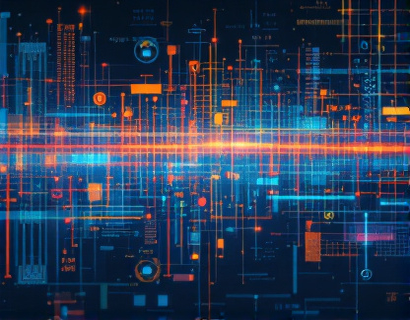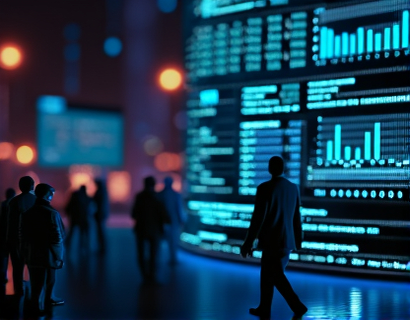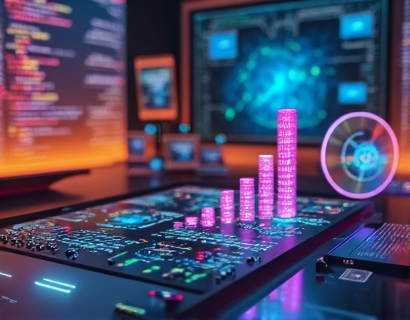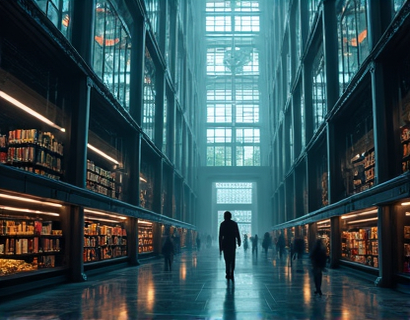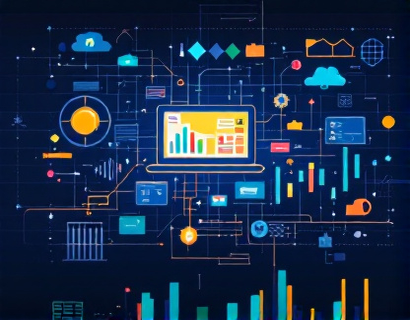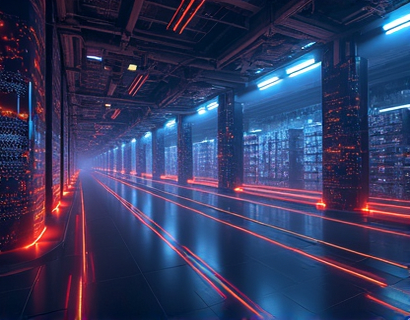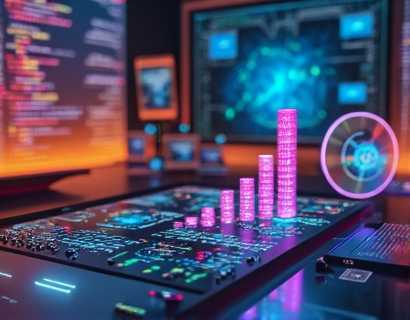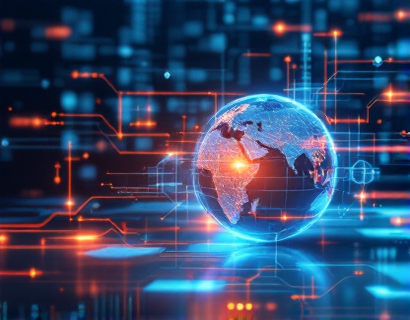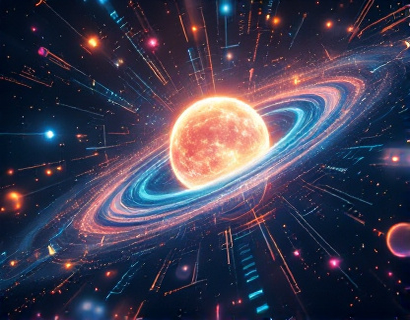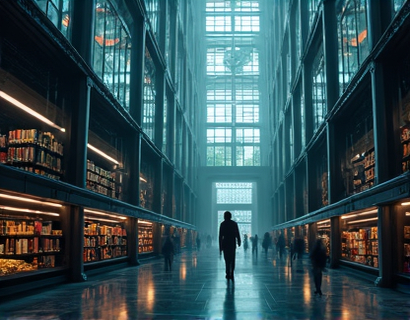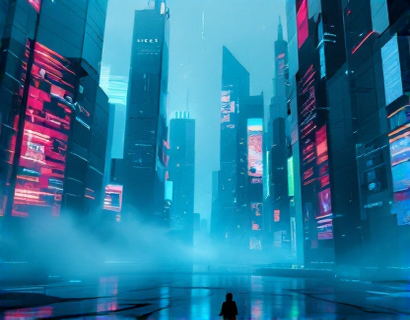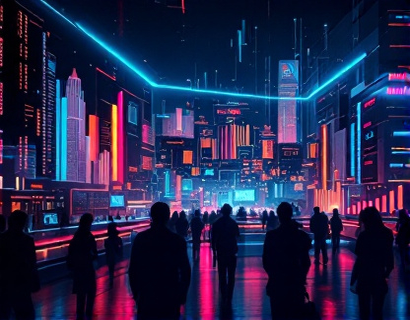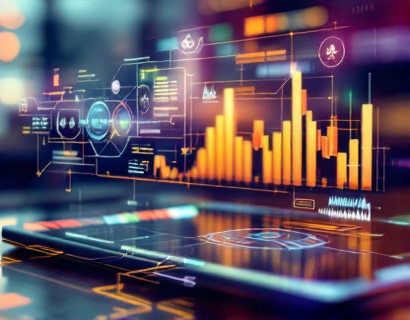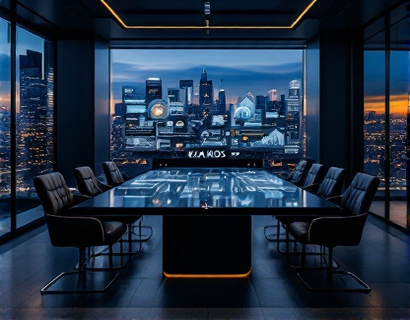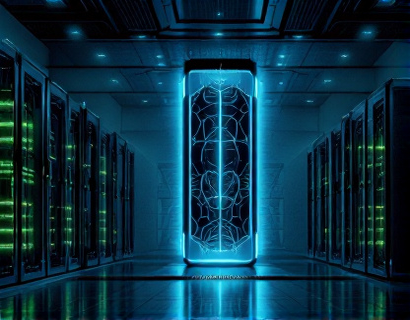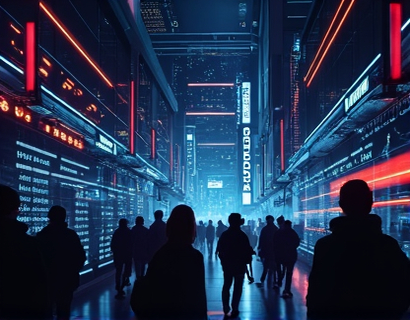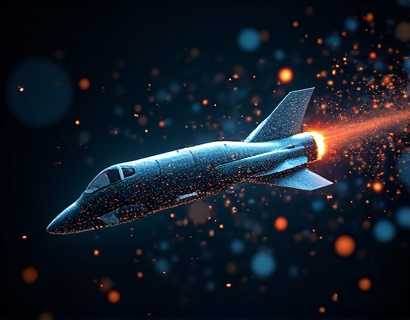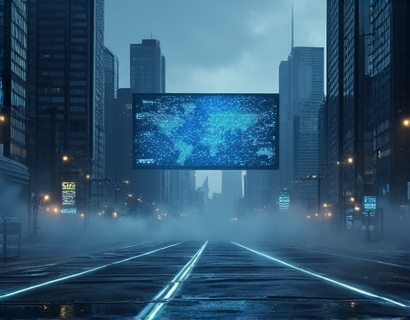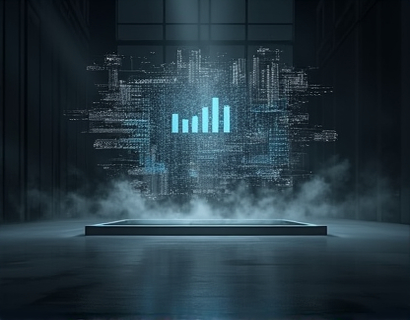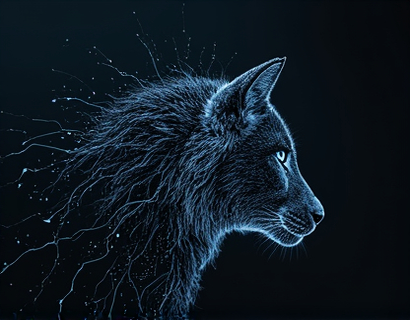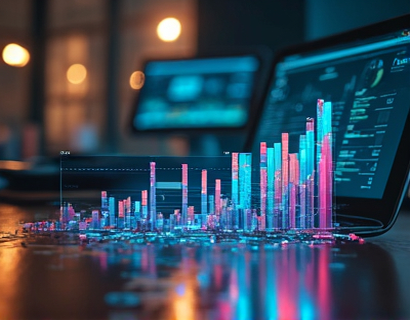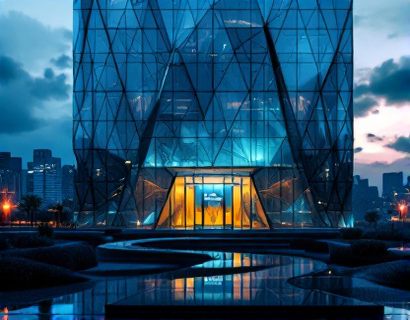AI-Powered Creativity Transformation: Revolutionizing Film, Music, and Gaming Production with Advanced Technology Solutions
The entertainment industry is undergoing a profound transformation driven by the integration of Artificial Intelligence (AI) technology. This shift is not merely an incremental update but a revolutionary change that is redefining how creativity is expressed, production processes are optimized, and projects are managed. For filmmakers, musicians, and game developers, AI is providing advanced tools that unlock new levels of creativity and efficiency, setting new industry standards and pushing the boundaries of what is possible.
Enhancing Creativity with AI
AI technology is fundamentally altering the creative landscape in the entertainment industry. In film production, AI algorithms can analyze vast amounts of data to suggest storylines, character developments, and even script rewrites. These tools learn from successful films and identify patterns that human creators might overlook, offering fresh perspectives and innovative ideas. For instance, AI can generate visual effects that are not only more realistic but also more intricate and detailed than what traditional methods can achieve. This not only enhances the visual appeal of films but also reduces the time and cost associated with manual effects creation.
In the music industry, AI is revolutionizing composition and production. AI-driven composing tools can create music that matches specific moods, genres, or even individual preferences. These tools analyze existing music to understand structural elements, harmonies, and rhythms, then generate original pieces that resonate with listeners. For musicians, AI can assist in the songwriting process by suggesting melodies, chord progressions, and even lyrics. This collaboration between human creativity and AI intelligence results in music that is both innovative and commercially viable.
In gaming, AI is transforming the way games are designed and experienced. AI can create dynamic and adaptive game environments that respond to player actions in real-time, offering a more immersive and personalized gaming experience. AI algorithms can generate procedural content, such as levels and quests, ensuring that each playthrough is unique. Additionally, AI-powered NPCs (non-player characters) can exhibit more human-like behavior, enhancing the realism and depth of game narratives.
Optimizing Production Processes
Beyond creativity, AI is optimizing the entire production process in the entertainment industry. In film production, AI can streamline pre-production by analyzing scripts, casting databases, and location data to recommend the most efficient shooting schedules and locations. This reduces the time spent on planning and increases the likelihood of successful shoots. During production, AI-powered tools can monitor set conditions, manage equipment, and even assist in directing, ensuring that every shot meets the desired quality standards.
In music production, AI can automate tedious tasks such as sound mixing and mastering. AI algorithms can analyze audio tracks to identify and correct issues, optimize sound balance, and apply the best mixing techniques based on genre and intended audience. This not only saves time but also ensures a consistent and high-quality final product. For live performances, AI can enhance sound and lighting systems, creating dynamic and responsive environments that adapt to the performance in real-time.
In gaming, AI is optimizing the development and deployment of games. AI can automate testing processes, identifying bugs and performance issues more efficiently than human testers. It can also optimize game performance by dynamically adjusting graphics and physics based on the player's device capabilities, ensuring a smooth and enjoyable experience across various platforms. Additionally, AI can analyze player data to provide insights into game design, helping developers make informed decisions to improve gameplay and user engagement.
Streamlining Project Management
Project management in the entertainment industry is complex and often fraught with challenges. AI is addressing these challenges by providing advanced tools that enhance collaboration, track progress, and predict potential issues. For film projects, AI can integrate data from various stages of production, from scriptwriting to post-production, offering a comprehensive overview of the project's status. This real-time visibility helps directors, producers, and crew members stay aligned and make data-driven decisions.
In music production, AI-powered project management tools can coordinate between composers, producers, and musicians, ensuring that all elements of a project are progressing smoothly. These tools can schedule recording sessions, manage file versions, and track contributions, reducing the administrative burden on team members. For gaming projects, AI can manage the intricate workflow involving multiple departments such as art, design, programming, and sound. AI can allocate resources, prioritize tasks, and forecast project timelines, ensuring that the game is developed on schedule and within budget.
AI also enhances communication and collaboration among remote teams, which are increasingly common in the entertainment industry. AI-driven communication platforms can translate languages in real-time, facilitate virtual meetings, and provide collaborative workspaces where team members can share and review work seamlessly. This global connectivity allows for diverse perspectives and expertise, further enriching the creative process.
Setting New Industry Standards
The integration of AI in film, music, and gaming production is not just about improving existing processes but about setting new industry standards. As AI technology continues to advance, the quality and complexity of entertainment content are reaching unprecedented levels. Films are becoming more visually stunning, music is more emotionally resonant, and games are more immersive and interactive. These advancements are raising the bar for what audiences expect, pushing creators to innovate and push the boundaries of their craft.
The use of AI in content creation also opens up new opportunities for inclusivity and diversity. AI can help identify and mitigate biases in casting, storytelling, and character design, promoting more representative and inclusive narratives. In music, AI can assist in creating music that appeals to a broader audience, breaking down genre barriers and fostering cross-cultural collaborations. In gaming, AI can design games that cater to a diverse range of players, including those with disabilities, by providing adaptive and accessible gameplay experiences.
Moreover, AI is enabling the creation of interactive and dynamic content that evolves based on user input. In film, AI can generate multiple narrative branches, allowing viewers to influence the story's direction. In music, AI can create personalized playlists and even generate new songs based on listener preferences. In gaming, AI can create living worlds where every decision has a meaningful impact, offering endless replay value and depth.
Challenges and Considerations
While the benefits of AI in the entertainment industry are significant, there are also challenges and considerations that need to be addressed. One major concern is the potential loss of jobs due to automation. However, rather than replacing human creators, AI is more likely to augment their capabilities, allowing them to focus on higher-level creative tasks. Education and training programs will be essential to help professionals adapt to this new landscape.
Another consideration is the ethical use of AI. Ensuring that AI tools are used responsibly and do not perpetuate harmful stereotypes or biases is crucial. The entertainment industry must establish guidelines and best practices to guide the development and deployment of AI technologies.
Privacy and data security are also paramount. The use of AI often involves collecting and analyzing large amounts of data, including personal information. It is essential to implement robust security measures to protect this data and maintain the trust of creators and audiences.
Conclusion
The integration of AI in the entertainment industry is a transformative force that is revolutionizing how creativity is expressed, production processes are optimized, and projects are managed. For filmmakers, musicians, and game developers, AI provides powerful tools that enhance creativity, streamline workflows, and set new industry standards. As AI technology continues to evolve, the potential for innovation and excellence in entertainment is limitless. Embracing these advancements will not only elevate individual projects but also redefine the future of the entire industry.



